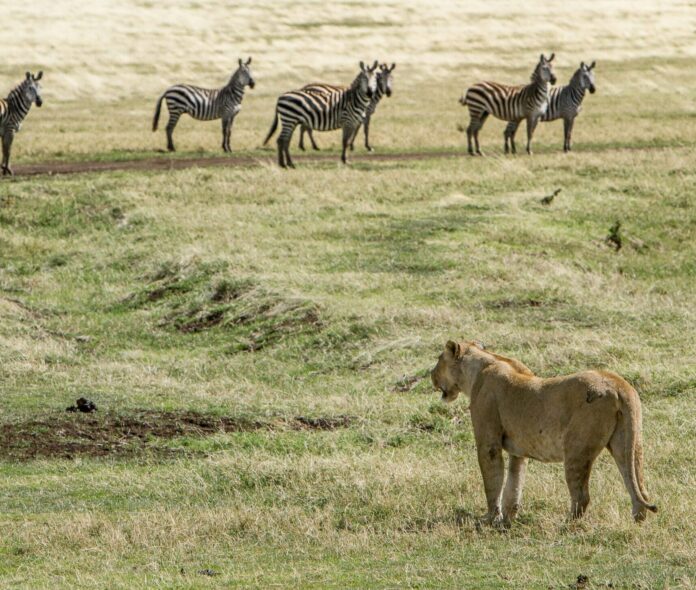It is hard to imagine that tiny ants can have any sort of an impact on King of the Jungle. But as a recent study published in Science Journal shows, ants are actually causing lions to hunt zebras, their favorite meal, less.
A team of scientists recently observed an infestation of big-headed ants in East Africa. They learned that in areas with a large spread of these ants, lions are three times less likely to attack and kill zebras. And the reason is quite unusual.
When hunting zebras, lions use whistling-thorn trees for cover. The trees offer them protection from the sun while preventing zebras from seeing them until it’s too late. But the number of those trees is dwindling.
Elephants love snacking on whistling-thorn trees, but these trees usually have acacia ants protecting them. This species of ants bite and bothers elephants, who quickly give up and move on. However, big-headed ants are now taking over the territory of acacia ants but are not even remotely interested in protecting the trees, causing the elephants to tear them down.
“Because lions need cover to successfully stalk and ambush their prey, they are more exposed when there are fewer trees to hunker down behind, which seems to make it harder for them to successfully take down the zebra,” said Professor Todd Palmer of the University of Florida, who worked on the study.
Palmer adds that the spread of big-headed ants could have more consequences in the future. The whistling-thorn trees are also a source of food for other species, and their loss could significantly change the ecology of the area.













